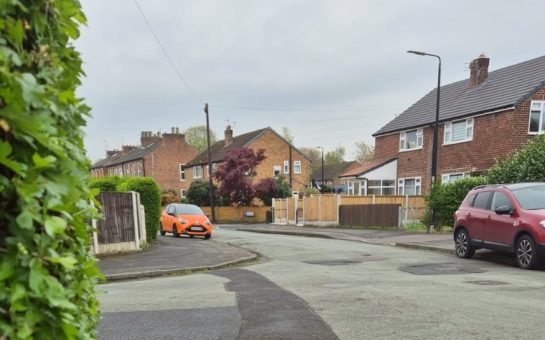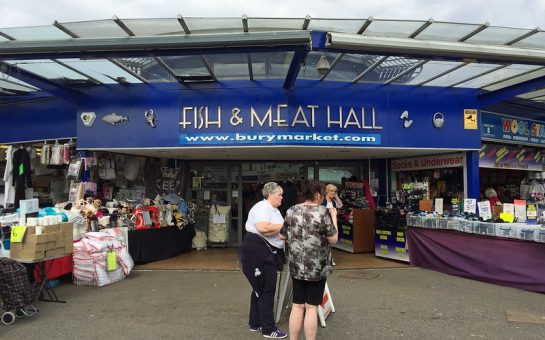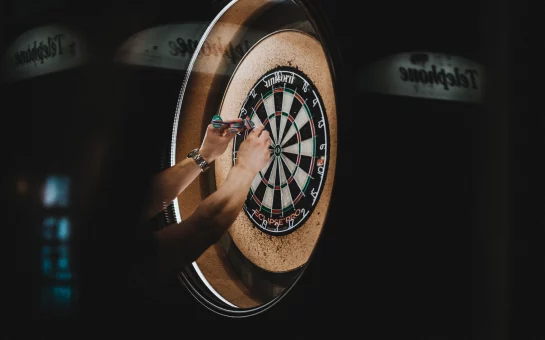FA chairman Greg Dyke has stressed the role Kick It Out has played in tackling racism within football at a University of Manchester lecture.
The former BBC Director General was talking about challenging discrimination in the media and football – championing schemes like Kick It Out’s ‘Season of Action’.
Dyke praised football’s equality and inclusion organisation, which is celebrating its twentieth anniversary this season, in challenging perceptions within the sport.
“It was Kick It Out that convinced the people in football that change was possible,” said the chairman of the British Film Institute.
“Twenty years ago, going to a football match could be a pretty distressing experience but today much of that has gone.
“I have no doubt there are a range of factors that have brought about this change: better grounds, less violence generally, better policing.
“But don’t underestimate the role played by organisations like Kick It Out and the influence they’ve gradually had over organisations like the FA and the Premier League.”
Focussing on grassroots football and community activity the ‘Season of Action’, running for the second successive campaign, is taking place between August 2014 and May 2015.
The format replaced the traditional ‘weeks of action’ that used to fall in October, with the organisation instead displaying the work undertaken throughout the year.
Kick It Out also launched the ‘Next 20’ project last season, where football stars act as ambassadors to spread the messages of equality and inclusion.
Bury’s Danny Rose, who has already scored eight League Two goals this season, has spread the message among young children through primary school visits while Manchester City ladies star Toni Duggan, one of two female footballers on the list, is hoping to inspire the next generation by providing college coaching sessions.
Dyke also emphasised the role that clubs and their players have in the fight against racism, but said that neither the FA nor the leagues have the power to make clubs employ a specific rule.
“We can urge them to take action but we can’t force them,” he added.
“The 92 Premier League and Football League clubs are each separate, fairly small, businesses with their own employment policies and practices.
“Football isn’t like the BBC where I was able to set targets and say this is what we’re doing and pressurise people into achieving it.”
There have been a number of high profile racism cases surrounding Greater Manchester clubs this season, highlighting just how relevant the issue still is.
Manchester City talisman Yaya Toure was subject to Twitter abuse in November as the Premier League champions were set to face CSKA Moscow.
This came on the back of a torrent of abuse he received from CSKA fans in a Champions League group game in the 2013/14 term.
Then last week Wigan Athletic owner Dave Whelan was charged by the FA for insulting Jewish and Chinese people in a newspaper interview.
These incidents highlight some of the challenges football still faces and the need to continue striving to eradicate racism from the game once and for all.
Main image courtesy of York VISIOn via Flickr, with thanks.



